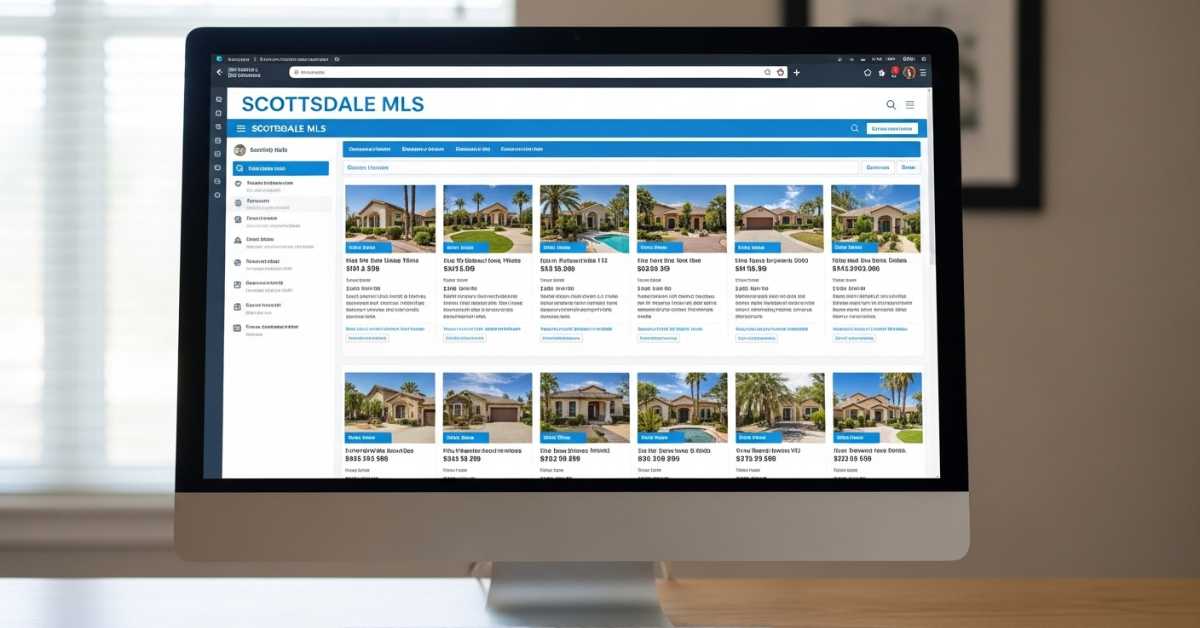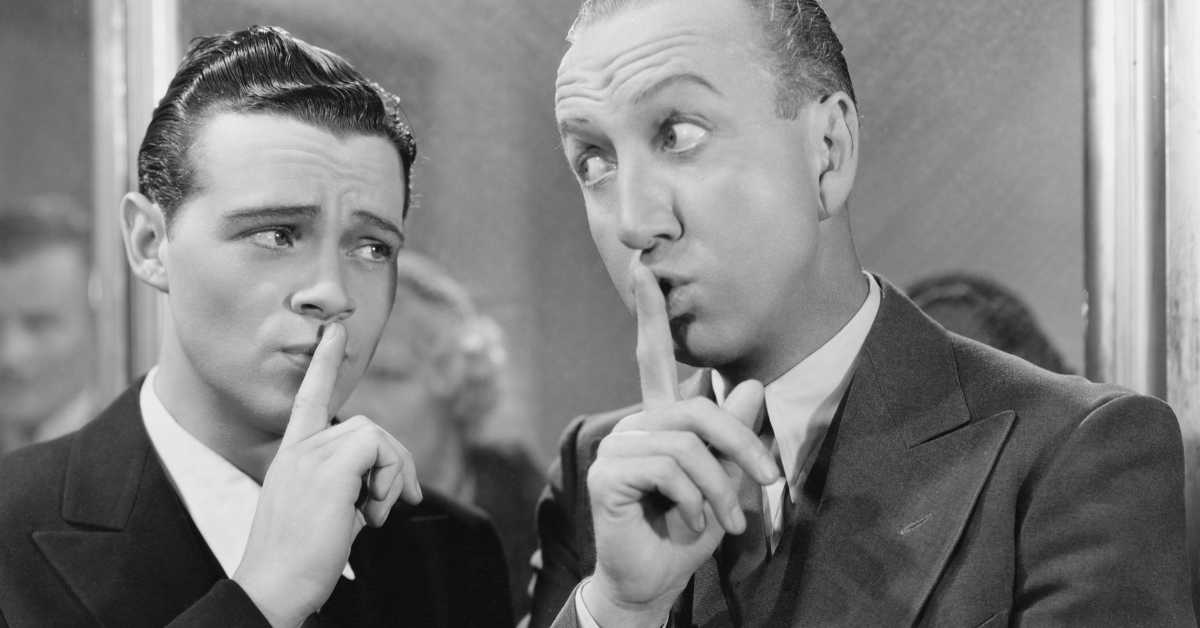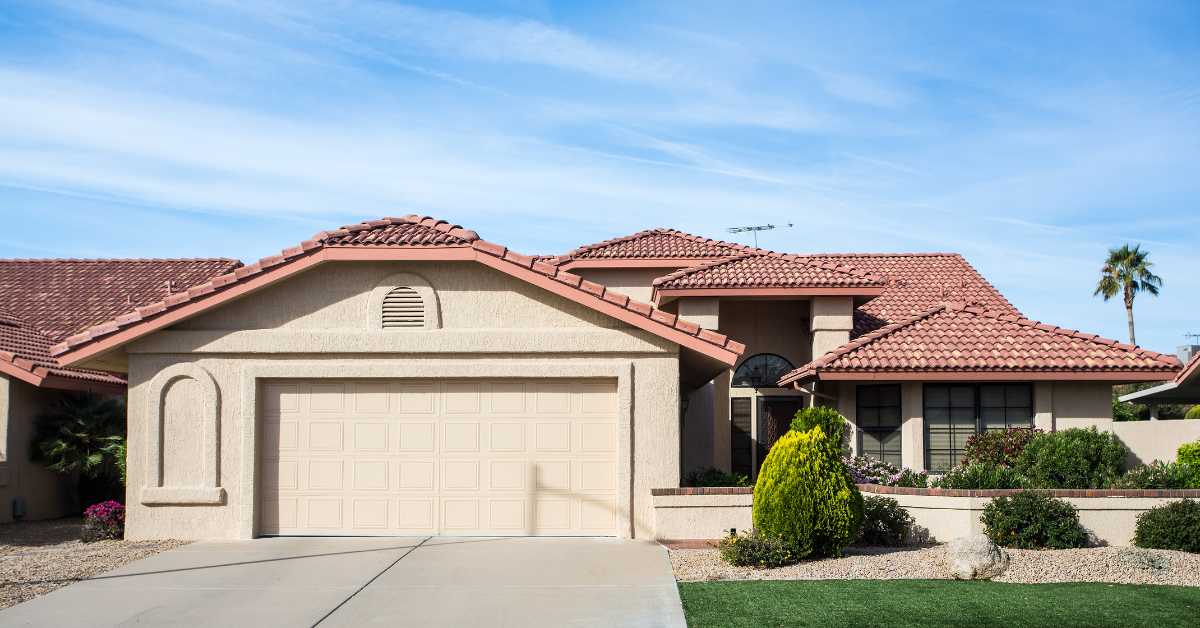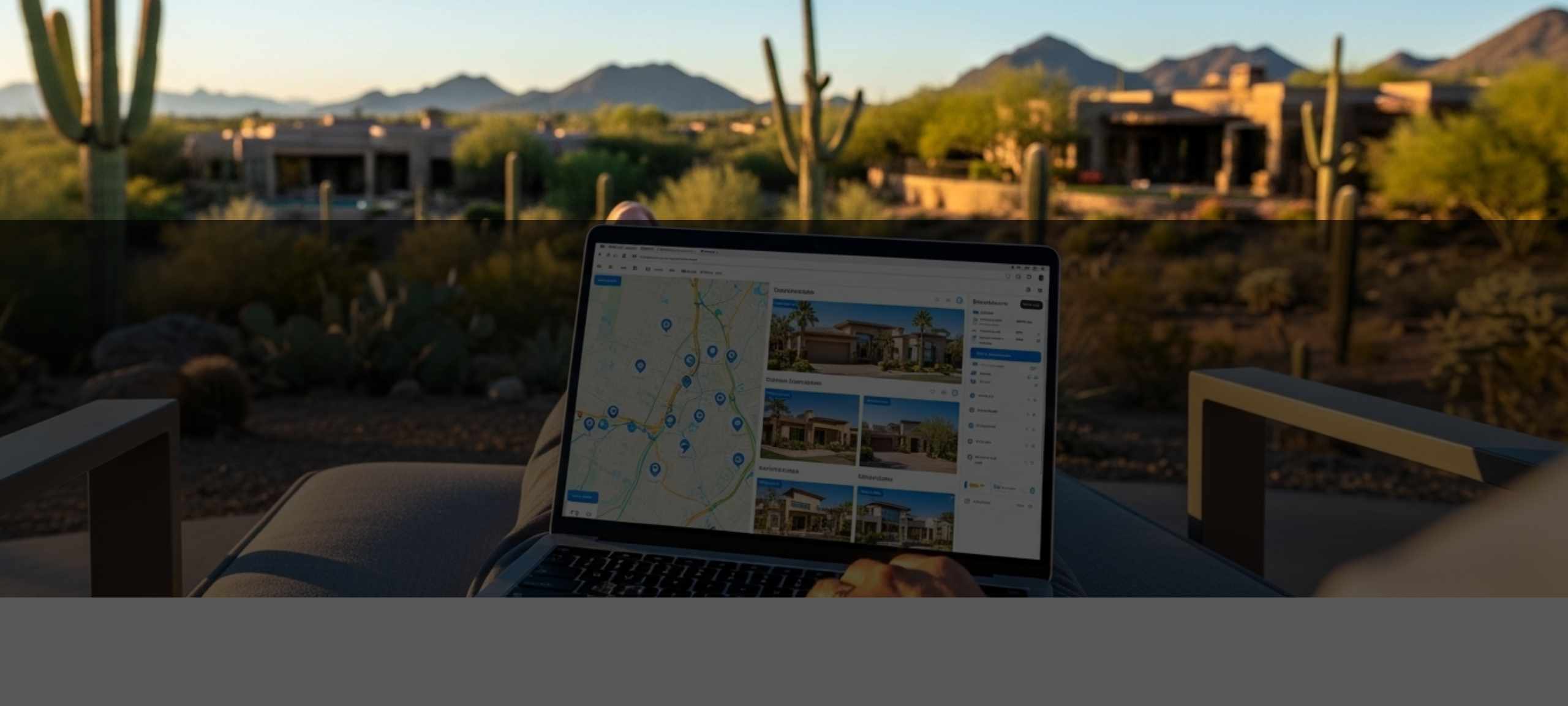Selling Your Home? Think Twice Before Not listing on the MLS

Unlock Maximum Value: The Smart Home Seller's Guide to the MLS

So, you've decided it's time to sell your house. Maybe you're moving across the country, or you're buying something new, or just deciding a change of scenery is in order. It's an exciting time, full of possibilities... and also, lots of questions, especially about how you should sell. There are different paths, right?
One big choice is whether to list your house on the Multiple Listing Service (MLS) or to keep it completely off-market, sometimes called a "private" or "off-market" sale. Now, let's be upfront: some people do choose to sell off-market, often for good reasons like wanting more privacy. These are usually super luxury properties and many are owned by celebrities or popular athletes. If you're not in that category, here's the not-so-great news: a recent big study by Zillow found something eye-opening.
According to Zillow, in 2023 and 2024, homeowners who skipped listing on the main MLS lost out on nearly $1 billion! Not just a few thousand here and there – that's one billion dollars total! Think about what $1 billion can do. It's a whole lot of money. And remember, this isn't about a handful of homes; this trend was happening across the country, affecting thousands and thousands of sellers.
I have seen this myself personally with For Sale By Owners (FSBO's). This might not be considered a "private listing" as FSBO's usually advertise and allow showings to basically anyone (without pre-qualifying them like REALTORS® do). But I've seen them lose money. I've taken over many FSBO listings over the years. Some of them even had a buyer prior to listing with me in the MLS.
What happened? The buyer was never able to get the mortgage loan. Or they changed their minds and walked away. Either of these can happen with a listing in the MLS, but there is more control, and these issues can be ironed out more quickly. The bottom line is that when I took the listing over, we usually listed it higher than when the property was FSBO, and because we were able to use the power of the MLS, we had more buyers looking, resulting in better offers and higher seller net profits.
There is now a company that wants to keep all or most of its listings private, trying to share them only with its own agents. They are fighting a legal battle with Zillow over all of this, and it has sparked a lot of "conversation" on real estate groups on social media sites and elsewhere. Those of us against such a policy (and we're the majority) feel that the sellers won't understand this process and will end up not being served properly. This article explains why it's not usually advantageous to sellers to have private listings and many feel that this brokerage's preference for private listings is exclusionary and creates an atmosphere of Dual Agency - allowing one of its agents to represent both the buyer and seller, essentially doubling the commission.
So, what's the breakdown? What did the Zillow numbers show?

On average: Sellers who went off-market lost about $5,000 per home compared to if they had listed on the market (on the MLS). That's almost half a percent of the home's price! If your home sells for $500,000, you're potentially leaving nearly $5,000 on the table.
In hot markets: This loss was even bigger in places like California. In California, the estimated loss per home was a hefty $30,000! That's a full 3.7% reduction in the sale price. If you're selling a home in a competitive market like that, skipping the MLS might feel like trying to park your car in a crowded lot – you could get stuck way further back.
This isn't just a California story. The study looked at homes from starter condos to big fancy estates. No matter what kind of house you have, the trend held true: when fewer eyes get to see your listing, the final sale price tends to reflect it. Less competition, lower offer.
Think of the MLS as the Grand Central Station for real estate. It's the main hub where most agents and many potential buyers look for houses. But even if you are on this main hub, how visible you are, how you're priced, and other details can make a huge difference. Your home still needs to be priced correctly and should be looking its best. Sellers need to allow showings to accommodate buyers, especially those with differing schedules.
Let's Break Down How the MLS Works (It's Simpler Than You Think!)

Okay, let's clarify what the MLS is and why it matters.
The MLS on the Mainstage (Think Broadway)
Imagine the MLS is the most popular stage in town for plays. It's open to all the major ticket-selling websites (like Zillow or Redfin) and is seen by every actor (homebuyer) and every agent (representing the other side).
Maximum Visibility: When a home is listed on the MLS, it gets plastered across the most widely used real estate platforms. This means it's much more likely to be seen by a huge number of potential buyers – not just those in your immediate neighborhood.
Broader Pool of Buyers: Because it's seen by more people, it attracts buyers from farther away, as well as those who are serious and ready to buy. More potential buyers mean more interest and potentially more offers.
Competition Drives Price: With lots of interest, sellers often find themselves in a competitive position. They might receive multiple offers, which can push the sale price upwards. In a seller's market, this is a powerful thing! This rarely happens with a private listing or FSBOs. And FSBOs attract investors/flippers that want a deal.
Off-MLS / Private Listings (Think: A Tiny Backstage Role)
Now, picture a smaller, more exclusive club. An off-market or private sale is like listing your house only within your agent's personal network – maybe a few close friends or family members. You won't even have an agent in your corner as a FSBO.
Limited Visibility: Very few, maybe even just your agent and a handful of pre-selected buyers know the listing exists. It doesn't show up on the big online portals unless someone specifically knows to look.
Reduced Competition: Since only a few people know or even have access to the listing, there isn't much competition among potential buyers. Often, there won't be any serious competition.
Potential for Lower Price: Less competition usually means the seller doesn't feel pressured to raise the price or accept a high offer quickly. This can lead to the home selling for less than its actual market value.
So, the core issue here isn't just about using the MLS or not. It's about visibility and competition. More eyes seeing your house generally leads to more interest and the potential for a better final price.
Why Would Someone Even Consider Selling Off the MLS?

It's important to understand why some homeowners might lean towards an off-market sale. Sometimes, these reasons are completely valid!
Common reasons include:
Desire for Privacy: You might prefer not to broadcast the fact that you're on the market. No open houses, no public listing date, just a quiet sale. You will probably pay for this need with a lower sales price.
Desire for a Faster or Simpler Sale: Maybe you want to minimize the hassle. You've found the perfect buyer already, and listing it traditionally might slow things down or complicate the process unnecessarily. If you already have a buyer and are happy with their offer, then this is a reasonable situation for not listing it publicly. But you might have received multiple offers and more money if you could get it on the MLS and wait. But if you're happy with your bird-in-the-hand, then stick with them.
Fear of Market Fluctuations: In a very fast-moving market, some sellers worry that a public listing might lead to the house being scooped up quickly, or they don't want to deal with multiple showings. Again, sellers might leave money on the table with this fear.
Trust in the Buyer: You might have a very serious, financially qualified or cash buyer lined up who you trust, and you want to cut out the typical MLS process to potentially expedite things. This is similar to having a buyer above and desiring a quicker sale.
Agent Recommendation (Sometimes): Your real estate agent might suggest an off-market sale for these very reasons. I would never recommend it. I feel it is cutting your opportunity to get the highest amount you can get in the current market.
The crucial thing to remember is that while you can choose an off-market sale, the data is pretty clear. When visibility is limited, competition suffers, and the final sale price often reflects that lower level of interest and demand. If you're serious about getting top dollar, limiting the competition usually means limiting the final price.
What Are the Biggest Traps That Can Cost You Money, Even When Using the MLS?

Here’s the thing: The Zillow study showed a significant loss for off-market sales. But what about on-market sales? While the MLS provides visibility, if other aspects of your sale are handled poorly, you can still fall short of your expected price. Here are some common pitfalls:
1. The "MLS Isn't Enough" Mistake: Visibility Beyond the Listings is Key
The Problem: You list your house on the MLS (good!), so it should show up on Zillow, right? Well, technically yes. But here's where things can get tricky. Just having your listing on the main portals isn't guaranteed to make it stand out. You could potentially be one of hundreds – or even thousands – of listings competing for attention on those busy websites.
What to Ask Your Realtor:
- "Beyond the MLS, where else will my home be marketed?" (Are they actively driving targeted traffic to the MLS listing or Zillow page? Or do they just think "MLS = done"?) We have a far-reaching marketing plan.
- "What makes your marketing different from other agents in the area?" (Are they doing unique things like professional drone video tours, targeted online ads on social media, working with local media, staging services, etc.? Just being on the MLS isn't enough anymore.) We offer free staging advice and hire professional photographers. Your listing gets its own website!
- "How do you ensure my property stands out in a crowded market on Zillow and Realtor.com?" (They need a plan! Maybe unique photography, a compelling description, or strategies like price matching or incentives.) We write up compelling descriptions that can't be duplicated!
2. The Price Tag Trap: Overpricing Can Drain Your Wallet
The Problem: We've all heard horror stories of houses that sit on the market for ages. Overpricing can be just as detrimental as underpricing. Why? Because:
Too Long on Market: If a home stays on the market too long, it can become "stale" or "cold." Buyers might see it as overpriced or just not sellable, making it hard to find a buyer.
Forced Price Drops: You might end up lowering the asking price multiple times just to get a single offer, eating into your original profit.
Perception: A house that's been on the market for months can create a perception in a buyer's mind that something is wrong with it or the price, even if that's not the case.
The Goal: Find the optimal price point – high enough to attract qualified buyers and command the value, but realistic enough to generate offers quickly and avoid sitting idle.
What to Ask Your Realtor:
- "Can you explain your comparative market analysis (CMA) process?" (This should involve analyzing recent sales, pending sales, and active listings of similar homes nearby to determine a realistic range.) I try to create the CMA as close to an appraisal as possible.
- "What is your suggested listing price, and why?" (They need to back it up with data, not just a gut feeling.) I provide factual information, and I stand behind it.
- "What was the average sale-to-list price ratio recently in my neighborhood/area?" (This tells you how much buyers are typically willing to pay relative to the asking price.) This is part of my CMA.
- "What pricing strategy do you recommend if I want to be competitive and potentially get multiple offers?" (Sometimes strategic pricing is key to attracting interest.) I always offer my suggestions based on years of experience and market knowledge.
3. The Offer & Negotiation Tightrope: Don't Just Focus on the Price Tag
The Problem: Many sellers focus intensely on the purchase price but overlook other crucial terms that can impact their overall profit. These are called contingencies.
Contingencies Explained: These are conditions the buyer wants to be met before the sale goes through. For example:
Appraisal Contingency: The house must appraise for at least the sale price (or agreed-upon lower amount). If it doesn't, the contract falls through.
Financing Contingency: The buyer must secure a mortgage. If they can't, the sale stops.
Inspection Contingency: The buyer can have the house inspected. If major issues pop up, they might back out.
Home Sale Contingency: The buyer's current house must sell before they can buy yours.
The Opportunity: A skilled real estate agent knows how to navigate these. They can:
Manage Contingencies: Understand what buyers are likely to ask for and how to handle it (sometimes offering to remove a contingency if needed, sometimes negotiating the terms).
Maximize Profit Beyond Price: Push back on repair requests, negotiate closing costs, or even hold the closing date to get the best overall deal for you.
Verify Buyer Seriousness: Not every offer is created equal. A good agent will dig deeper – checking financial qualifications, understanding their motivation, ensuring the offer is serious and not just a "ballot filler."
What to Ask Your Realtor:
- "How do you handle situations where multiple offers come in?" (Do they focus solely on price, or are they looking at other terms and contingencies too? Do they have a clear process?)
- "What specific negotiation strategies do you use to protect seller interests and maximize the final net profit?" (Ask about how they've handled similar situations before.)
- "How do you verify that a buyer is financially qualified and genuinely serious?" (Trust in their process is key here.)
4. The "It's Hard to Get In" Barrier: Access Matters!
The Problem: Even if you have the perfect listing on the internet, if it's impossible or extremely difficult for buyers to see the house via an appointment, how can they fall in love? And if they can't see it, they definitely won't offer their highest possible price.
Limited Showings: If showings are scheduled infrequently or if access is difficult, potential buyers miss out and might lose interest. I've had this happen multiple times with different buyers. Five homes out of six allowed us our appointment. The buyer either put an offer in to one of those five or kept looking, pushing that sixth one into the back, or completely forgetting about it (or losing interest).
Lack of Urgency: A house sitting on the market without any apparent reason might not feel appealing to buyers. They need to feel like the seller is motivated and ready to close.
Modern Buyer Expectations: Many buyers today want flexibility, like virtual or drone tours, especially if they can't travel or want to view multiple properties quickly. If your agent isn't offering that, you might be missing opportunities. I would never purchase a property sight unseen. If there was a remote buyer who wanted a video walk-through, I would do that face-to-face with that buyer, or if I were the listing agent, I would accompany their agent taking the video. This was more popular during COVID.
What to Ask Your Realtor:
- "What's your specific plan to maximize showings and exposure?" (This should include open houses, strategic closings, and potentially private showings.)
- "Will you utilize virtual tours or drone videography to give potential buyers a unique view, especially if scheduling an in-person tour isn't possible?"
- "How do you create and communicate a sense of urgency for buyers interested in my home?" (For example, scheduling closings quickly, coordinating with other agents who might have buyers, or highlighting how quickly comparable homes are selling.)
The Takeaway: Protect Your Most Important Asset (It's Probably Your House!)

Your house is likely one of the biggest investments you'll make in your life. When it's time to sell, you want to make sure that investment returns every single cent it's worth.
The Zillow study clearly shows significant financial losses from skipping the MLS. But just using the MLS isn't automatically a guarantee of success. It puts your home in the game, but the strategy, marketing, pricing, and execution matter just as much.
If you're thinking about selling your home, don't just trust that your agent "knows what they're doing." Ask the right questions. Demand transparency about how they plan to market, price, and manage your sale. Ensure your agent understands that your goal is a high sale price, your timeline, and your financial best interests are being prioritized.
Don't leave money on the table. Be informed, ask questions, and work with someone who is equally passionate about maximizing your home's value.
Posted by Judy Orr on

Leave A Comment